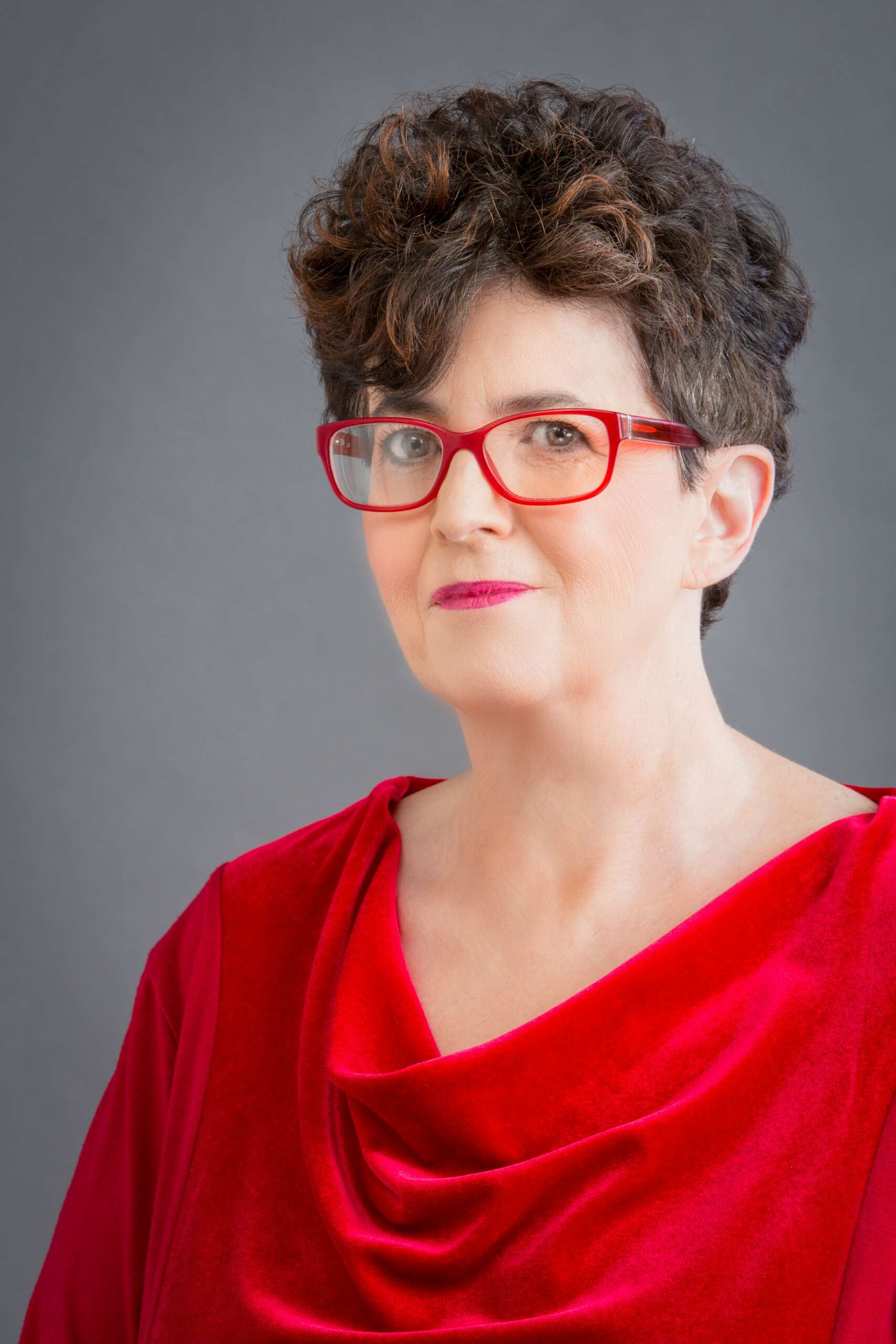Alright – so today we’ve got the honor of introducing you to Monica Bauer. We think you’ll enjoy our conversation, we’ve shared it below.
Monica, thanks for joining us, excited to have you contributing your stories and insights. One of our favorite things to hear about is stories around the nicest thing someone has done for someone else – what’s the nicest thing someone has ever done for you?
When I decided to give up my tenure track career as a college professor to become a playwright, I had no professional mentor. I didn’t understand how to work in the theater world as a writer. My husband and I moved near to Boston because it was a great theater town where I could join a couple of workshops. That’s where I learned about the Boston Theater Marathon, an annual event where professional and semi-professional theater companies would perform fifty ten-minute plays in a single day, raising money for charity. I submitted the first ten-minute play I’d ever written, and it was accepted. The Theater Marathon was the project of Kate Snodgrass, who ran the Boston Playwrights Theater and the Boston University graduate program in playwrighting. Apparently, she had her eye on me when she first read that little ten-minute play. She stood next to me as we watched the performance, and heard an amazing audience response. Then she asked me to apply to the program. I said I already had too many degrees and couldn’t afford another one. She said, “Apply for the Fellowship.” I said, “I heard you only give one of those every year. I don’t think I’ll get it.” She grinned and said, “APPLY.” She gave me the full-ride teaching fellowship and opened the door to becoming a produced and published playwright. She changed my life.
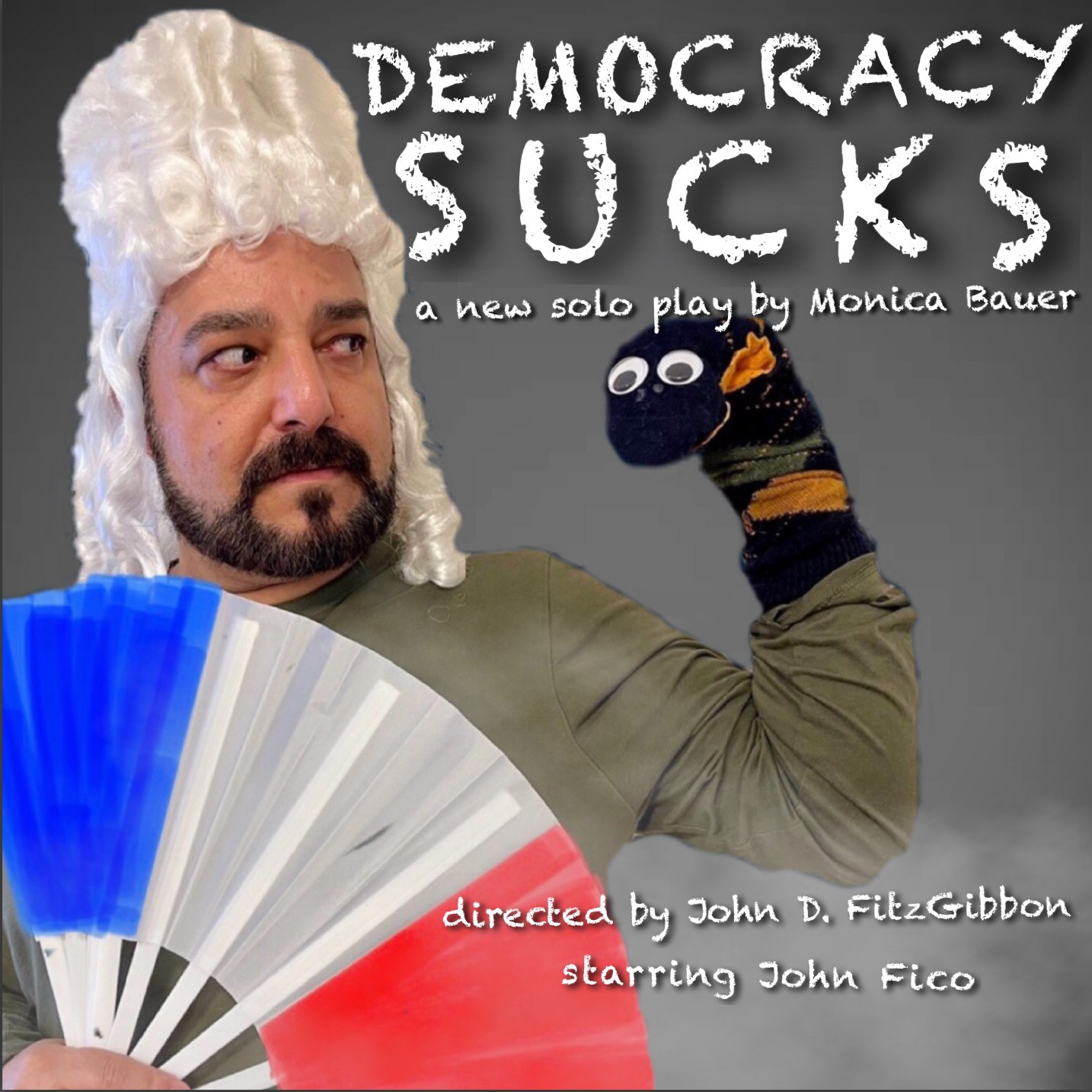
Great, appreciate you sharing that with us. Before we ask you to share more of your insights, can you take a moment to introduce yourself and how you got to where you are today to our readers.
I was an adopted kid, and it wasn’t a happy family. So I was always an outsider. I grew up in a working-class neighborhood of Omaha, Nebraska, and my parents worked hard but had no interest in books or the arts. I did the summer drama program at my local park and wrote songs for my rock band. When I was fifteen I got myself a scholarship to go to the Interlochen Arts Academy for one year of high school, and that changed my life. I dropped out of high school to marry an actor, and got divorced at 22; I learned how to get Food Stamps and find the local church food bank, got a GED, and did minimum wage jobs. I met my supportive spouse Neil when I was a scholarship student at Brown. Eventually, I ended up with a bunch of college degrees, including a Ph.D. But I’d always been a creative writer and eventually gave up a secure teaching career to go back to the theater. During COVID, I started writing novels. I’ve enjoyed two kinds of writing lives, one as a playwright and one as a novelist. Whatever the project, I know that I can only write if I am connected to the characters, their struggles, and their unique lives, in some deep way. The best writing advice I ever heard was “Write the work that only you can write.” Or as Oscar Wilde said, “Be yourself, everyone else is taken.”
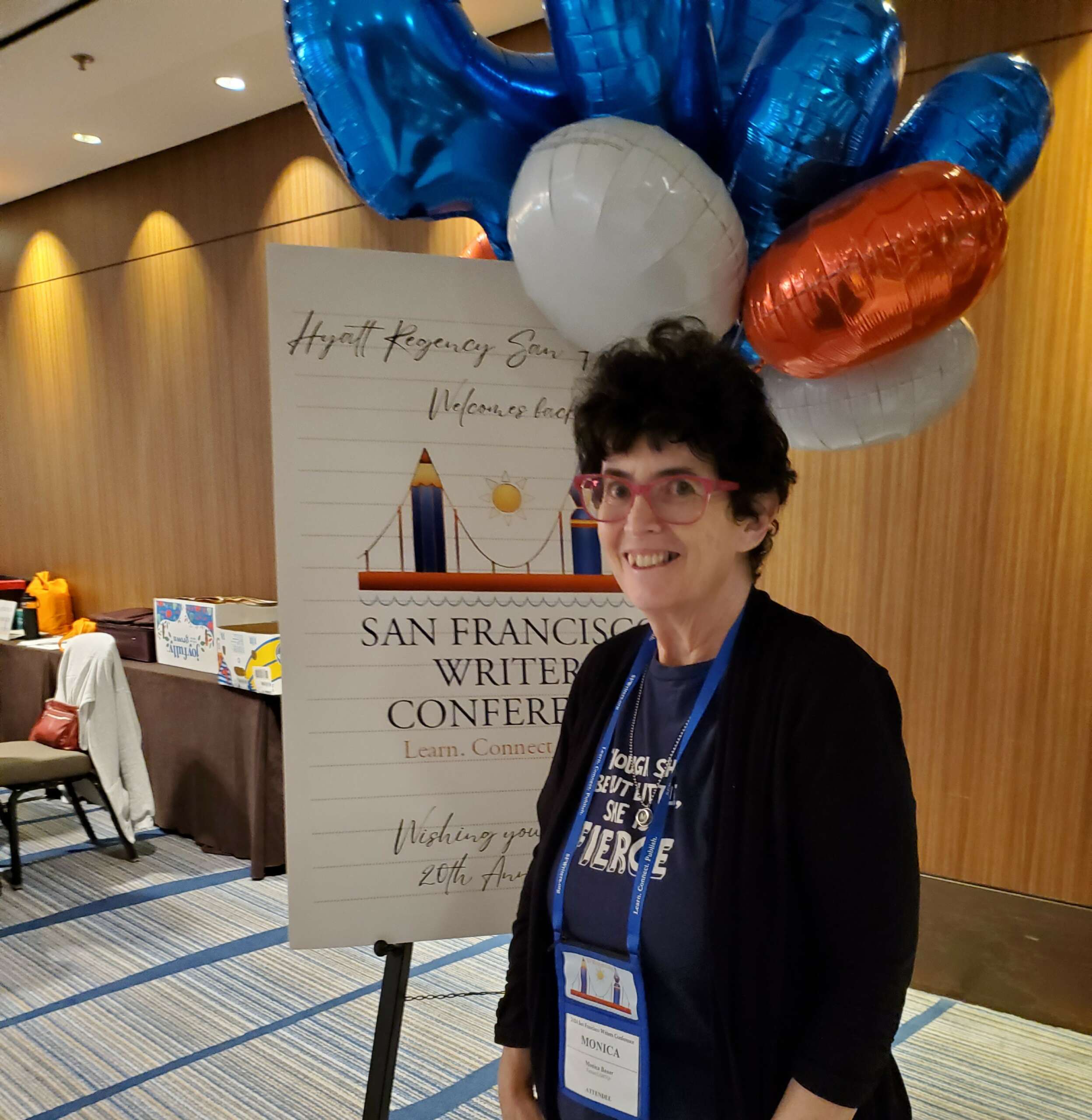
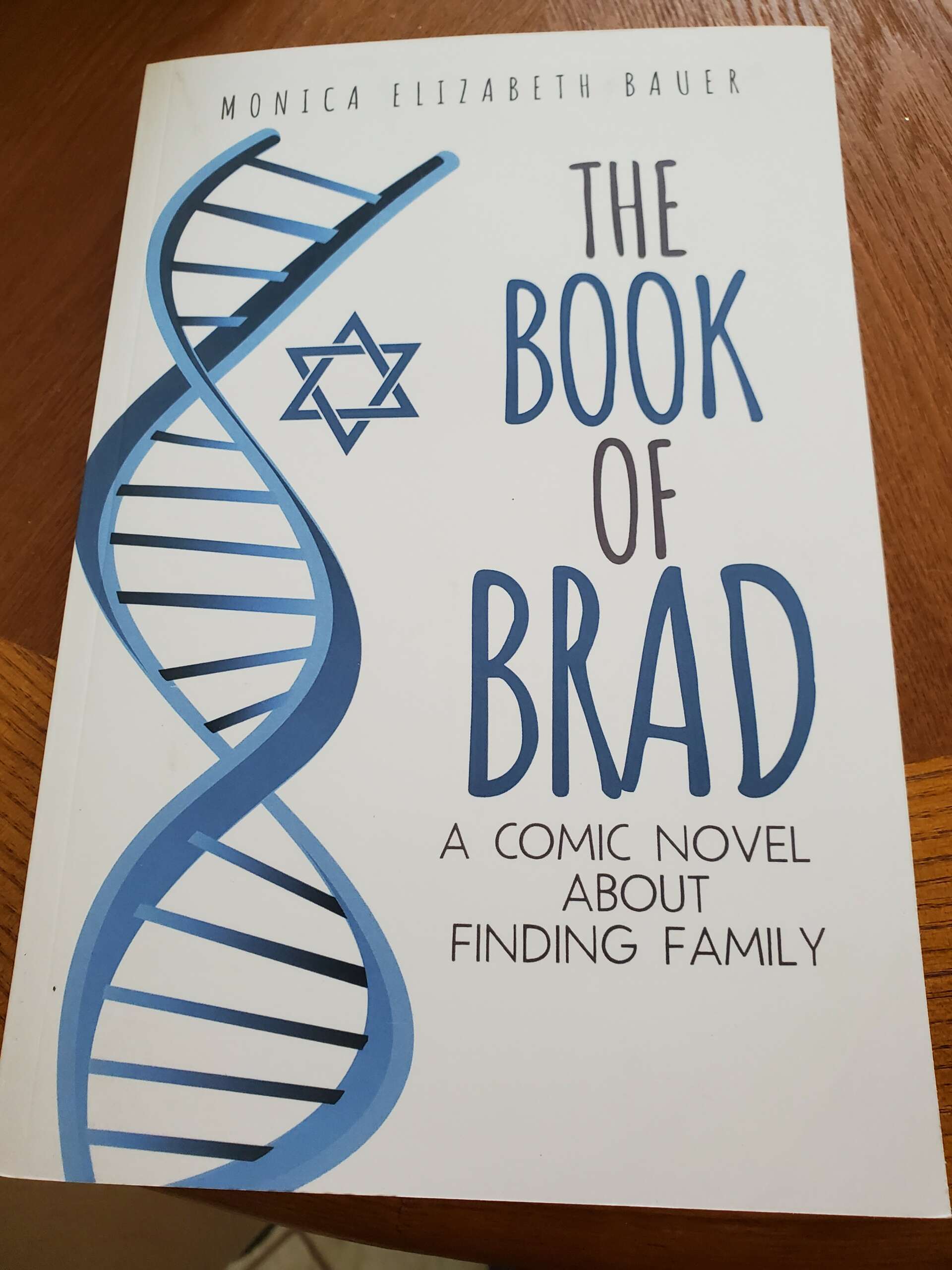
We’d love to hear a story of resilience from your journey.
I worked off-off-Broadway for almost fifteen years. I won a bunch of small awards from theater festivals and then started hearing about the Edinburgh Fringe Festival. I’d found an actor I loved in John Fico, and a director who was just right for my work in John FitzGibbon, and we began to make plans for a solo show that I would write specifically for John: “Made for Each Other.” This was all self-production, on my dime. I learned how to be a producer on tight budgets, and with these great collaborators set off to conquer a festival where over three thousand shows were performed in the space of three weeks. The first time, we didn’t have any local producer or press rep, and I could only afford to take a show to the Free Fringe, where artists didn’t rent the space, but only got paid if the audience paid on the way out. Indoor busking! I slept in a tiny bedroom in a home rented through Airbnb a good half hour away from the center of town, and my actor and director slept in a single bedroom in a flat on the other side of town, all to save money. Every night after the one-man show where our director ran lights and sound from the back, I’d give the post-show pitch for money. We were full by the third show, and I as “house manager” had to turn people away by the end, when the five-star reviews came out. Every night we split the “box office” three ways, and that’s how we managed to eat. I handed out flyers on the street. It was like going to theater boot camp! I went back twice as producer and performer of my own solo show, the last time in 2018 with the play “Vivian’s Music, 1969,” starring NYC actors Russell Jordan and Kailah King. We all shared an apartment a long way from the festival, rode the bus every day, and cooked and ate in the apartment to save money. Looking back now, I don’t know how I did it. But then again, I know exactly how WE did it; we were connected to a community. My actors, directors, fellow writers, and theater folks, many connected through a Facebook group for Americans at the Edinburgh Fringe. We helped each other. We survived together. I made friends that I have to this day. That’s the way it’s done!
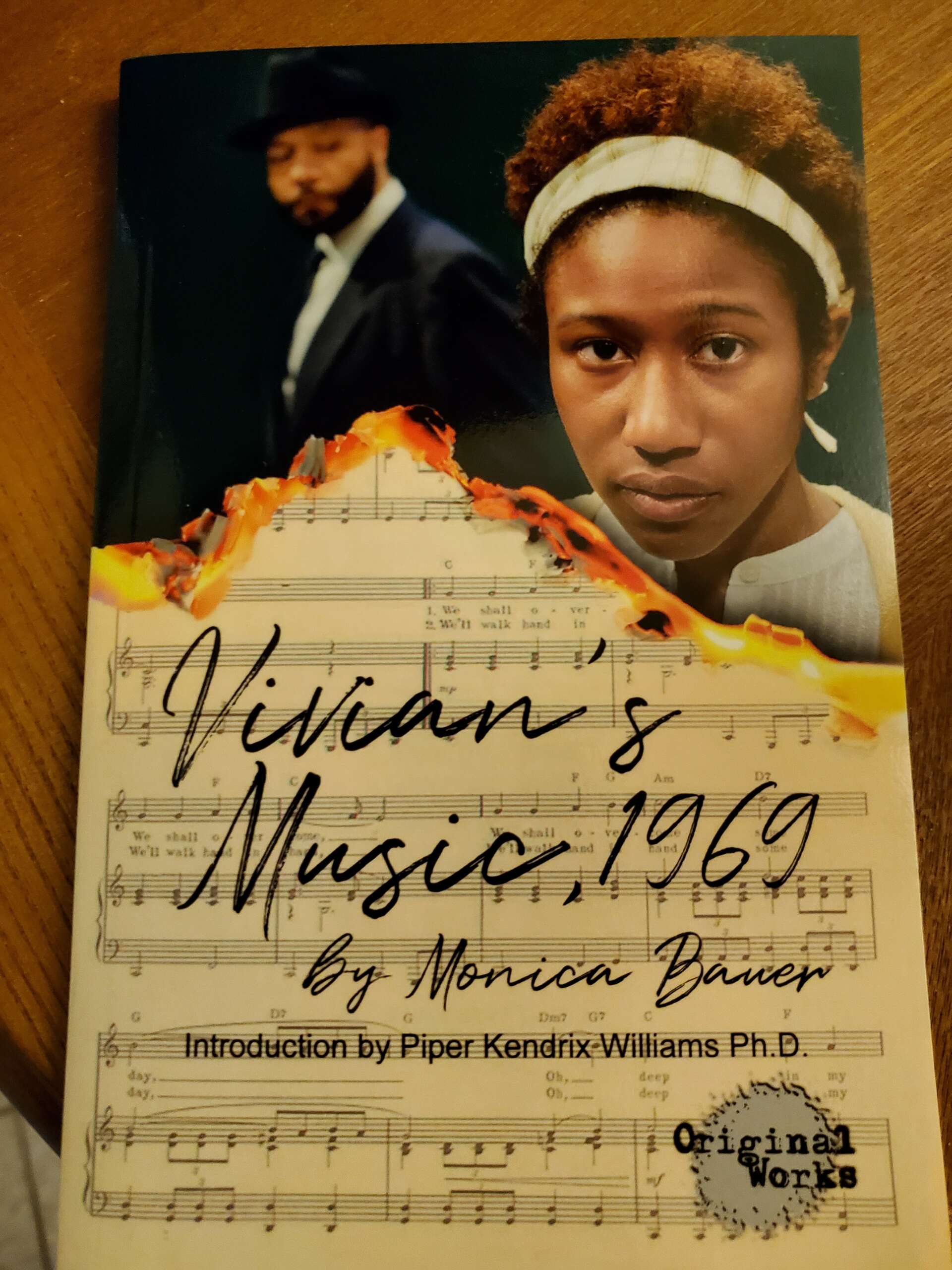
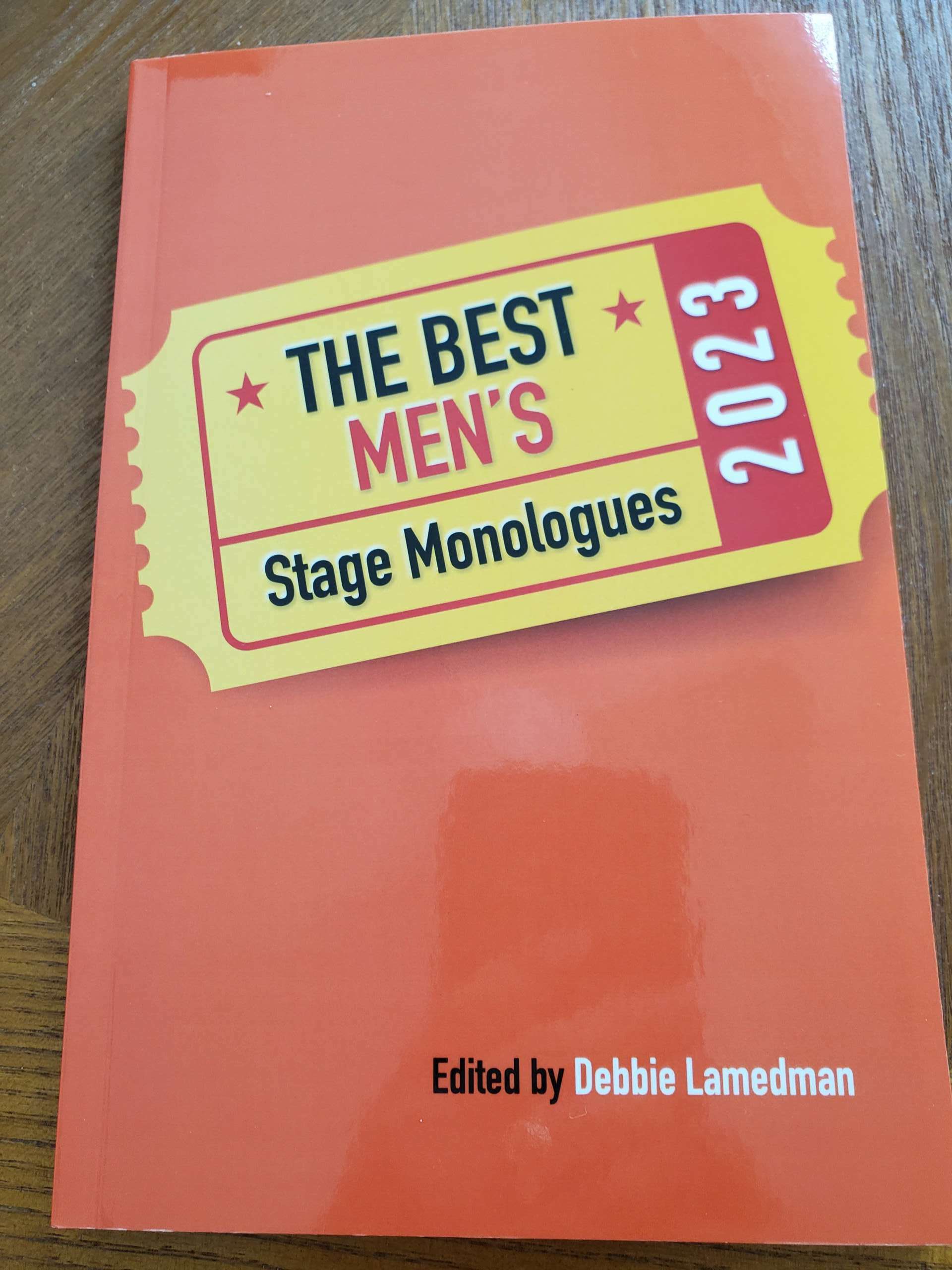
What’s a lesson you had to unlearn and what’s the backstory?
The one thing I’ve had to unlearn is that there is something called “success,” and that once that is reached, everything after that is all gravy, baby. “Success” is defined by comparing yourself to the lucky and talented one percent of creative people who have fortune, fame, and steady work. A quote by Teddy Roosevelt should be handed out with all degrees awarded in the arts: “Comparison is the thief of joy.” Especially true in today’s social media cacophony, where we all share our successes and nobody mentions the rejections. I am happy to say that I am happy, even though my productions don’t open on Broadway and my books and plays aren’t reviewed in the New York Times. A sense of humor helps. I spent the first 15 years of my adult life being a responsible citizen with a full-time college teaching gig and could have stayed on that track until retirement. But instead, I chose this much more uncertain life, and my story doesn’t end with fame. But I chose it, and that was a privilege, to be able to choose. I did it for the love of the craft, the love of the audience, the love of my collaborators. And as they sing in “A Chorus Line,” it’s what I did for love. I’m grateful for many things, including the support of a partner who paid the rent and bought the food. And most days, I’m grateful that I don’t fall into regret and jealousy. My success is my own. Would I wish for more? Sure. But do I have enough? Enough to be happy on most days. Who could ask for more?
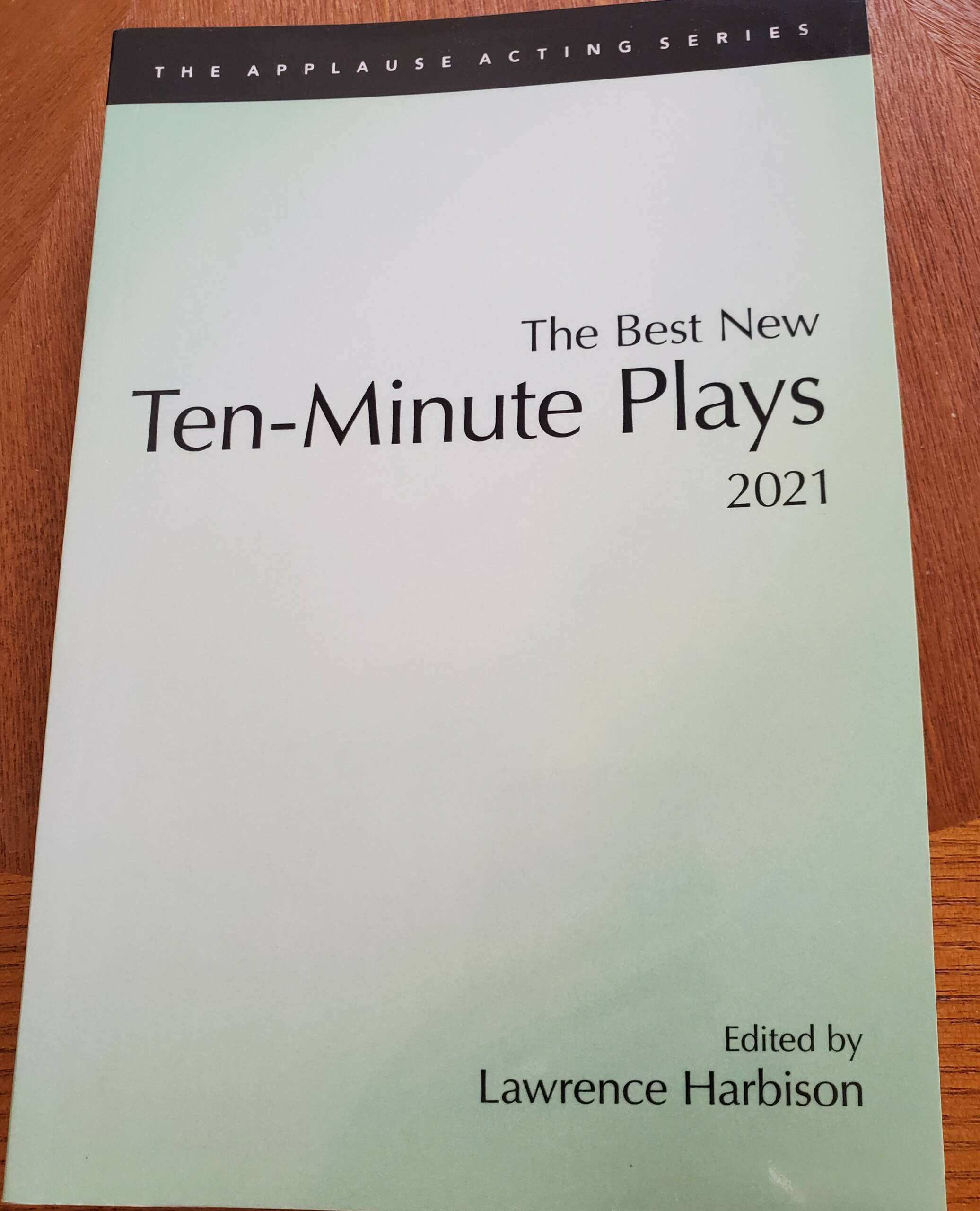
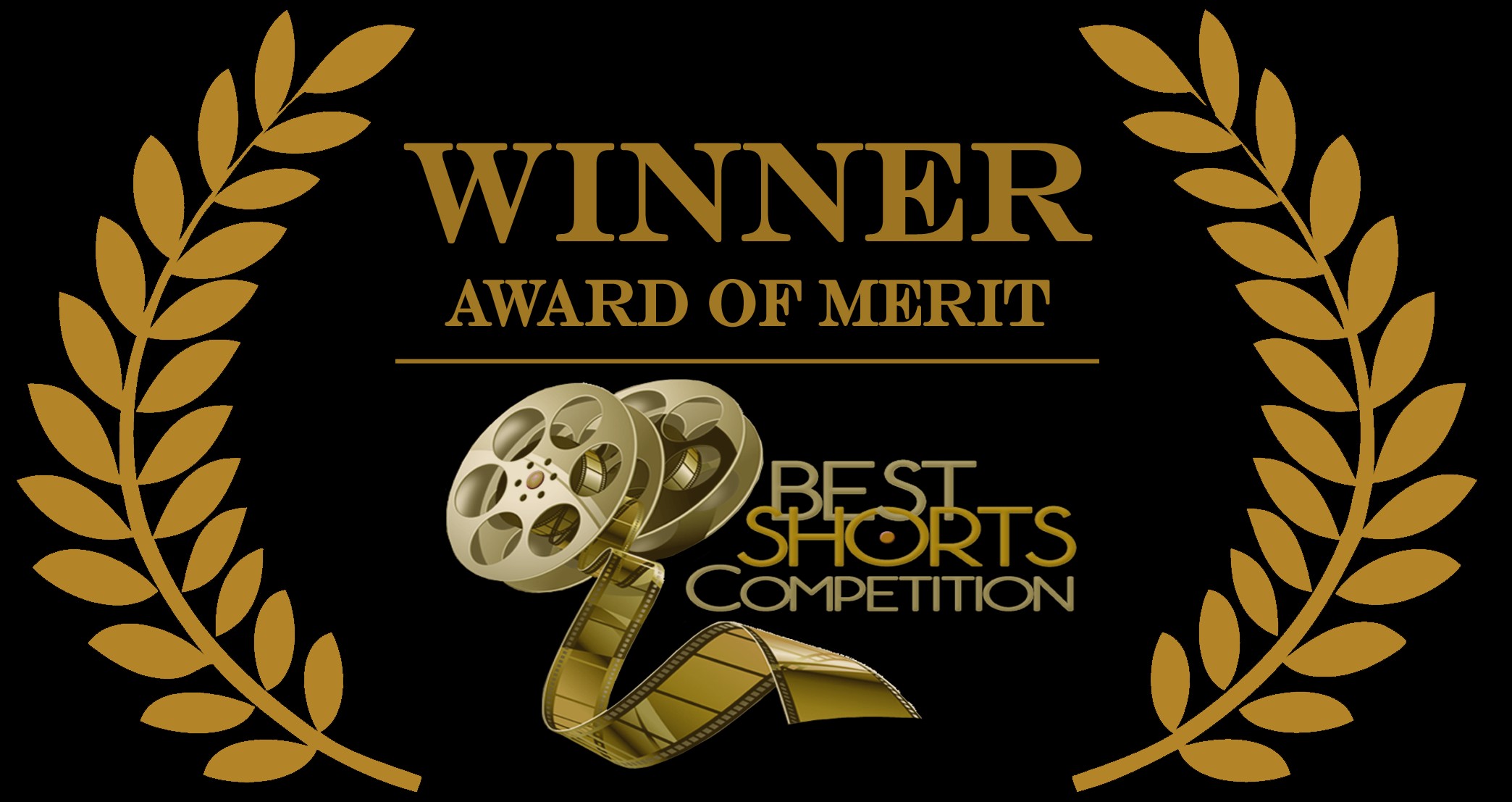
Contact Info:
- Website: monicabauer.com
- Facebook: MonicaBauer10
Image Credits
Scott Griessel, John Fico, Monica Bauer


